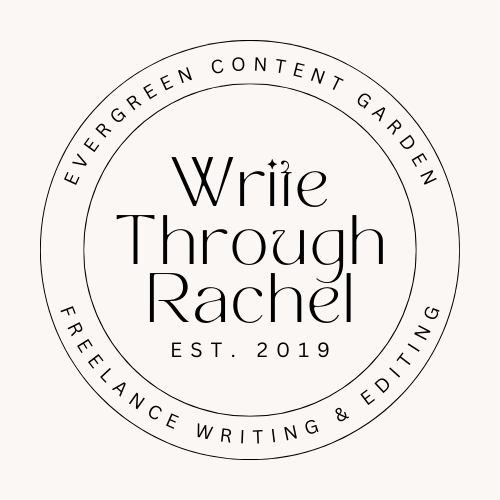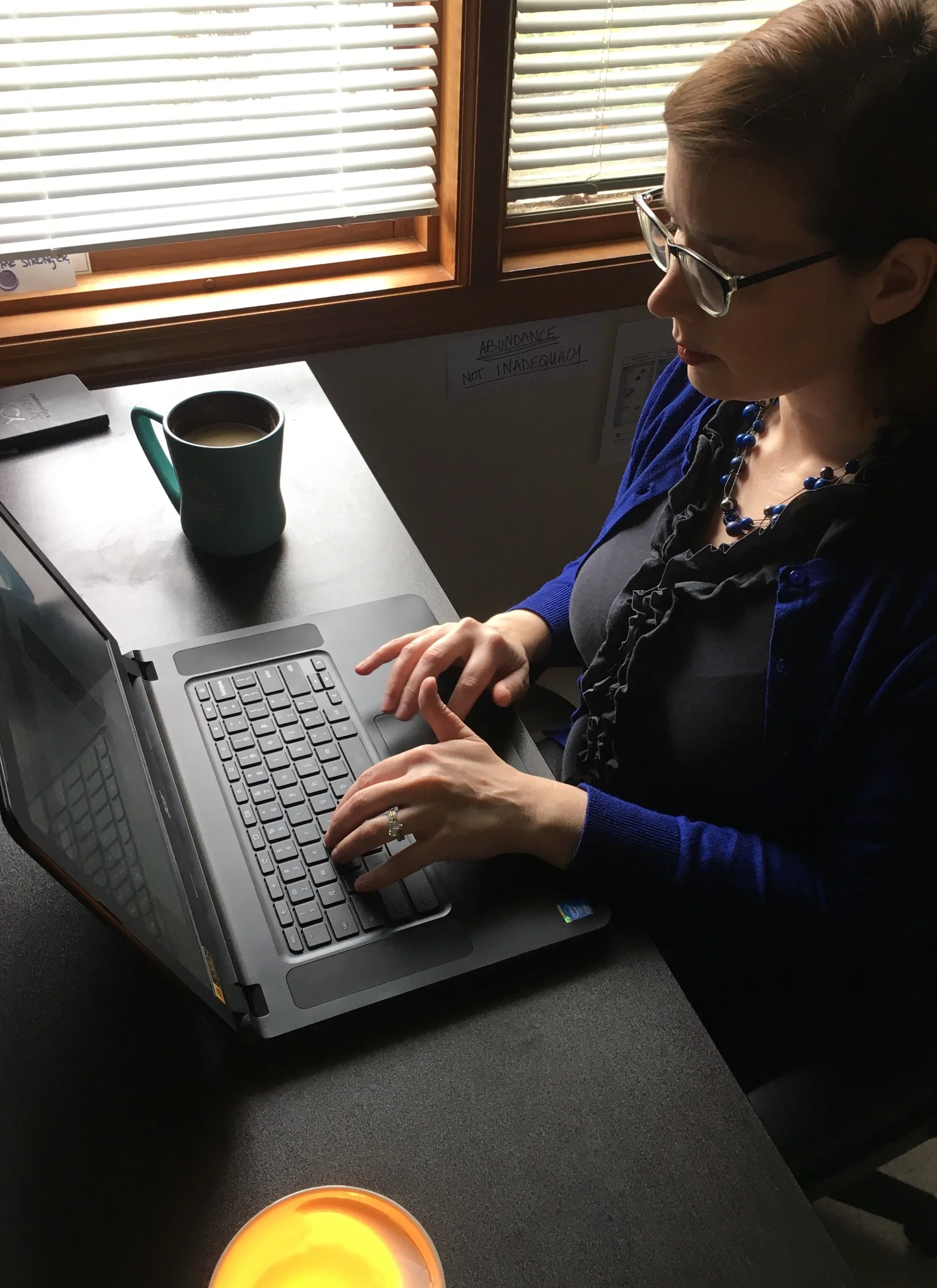9 Things I’ve Learned About Freelance Writing and Editing
I’ve worked as a writer, editor, and general content creator on various projects since I was practically in swaddling cloth. (Not really. Let’s just say it’s been a long time.) Yet, despite plenty of experience as a contract worker, it still feels like my freelance writing/editing business carries a refreshing new car kind of smell. Which, I’m sure you can relate, is quite nice.
And even while those “I’m a professional writer and editor!” feelings wash over me, I realize that I know more than I thought I did about the world of freelancing. I know how to be the best freelance writer and freelance editor — or at least how to be my own best. Here are a few things I learned along the way about work as a writer and editor (but I bet you can take this into almost any professional sector):
Fake it till you make it.
The only way around that inevitable catch-22 of “you must have the experience to get a job, and you must have work to get that coveted experience” is to fake the confidence that comes with experience. (Also, it helps if you have education around the basic aspects of grammar, punctuation, and sentence structure.)
Honesty is always the best policy.
It is never clever to fudge the truth. Because at some point, any untruths you tell will come to light. As a freelance worker, the best thing you can carry around as your badge of honor is your honesty. And that is even truer in the writing industry. Truth and honesty is a commodity among journalism and communication — because once it is gone, it’s gone.
Work begets work.
One thing about freelance work is that it is often a lot of work at once or nothing. “Feast or famine,” as they say. So it’s important to say yes to projects whenever possible, whether you’re running on an empty schedule or you have to give up your Saturday to get this extra work finished. If your clients see you as always willing to tackle new projects, they will be more likely to come to you for future projects.
Stay empathetic to all sides of the situation.
In writing and editing, what I like to call “dumpster fires” can happen. (This means that a project is running behind, or your client has asked for something with a very quick turnaround, or various complementing parts of the process are missing.) These types of projects can quickly become stressful. Instead of being pulled into the drama, keep a cool head and listen to everyone’s needs.
Stick with your gut instinct.
As a writer, your intuition is a gift. And while it takes years to be able to understand or respond to your instincts, you must always put them first. More importantly, it’s not hard to pivot off those initial impulses if your client decides they want something different.
Keep learning.
No matter how long you’ve been working as a freelance writer, you should always be extending yourself; learning and growing. Why? Because even general industry rules and best practices change. This kind of change amplifies the longer we live in the digital age, making it more important to keep yourself plugged in.
Your calendar is your friend.
Make good use of your time; especially since it’s your own time. What you put into your work you will get out of it. You’ll always be learning new ways to put your thoughts into words and formatting for best visual consumption, but only you can be the driver behind how much work you put into your business. Additionally, I’ve also found that it’s important for me to keep my calendar updated because it keeps me true to my own schedule.
Read your client’s other content.
Go to your clients’ and potential clients’ website, and even their clients’ (if it’s a marketing firm). Perusing their site inform you about their preferred blog topics, brand personality, writing tone, and even a general publishing cadence (which is important if you’re writing blogs for them). This is key to determining if you can provide for their needs.
Remember the negative feedback, too.
Negative feedback is never something you wake up in the morning hoping to find waiting in your inbox. It’s never your goal when you submit projects for review. But it isn’t meant to be thrown in the trash, never to be thought of again. Some of your best learning lessons can be found hiding within the negative feedback. In fact, clients offering this feedback deserve a conversation with you around the issue. It’s a prime opportunity for a learning lesson, or the chance to make it right.
After years of experience in the corporate world as a writer and editor, and eventually becoming a marketing editor-in-chief at a global cloud services company, I learned that it’s important for me to stay true to my inner instincts. Now, my focus, acumen, experience, empathy, communication, and professionalism guide me as I navigate the unfamiliar territory of freelance writing and editing. If you’d like to learn more about my freelance writing and editing services, please contact me.

